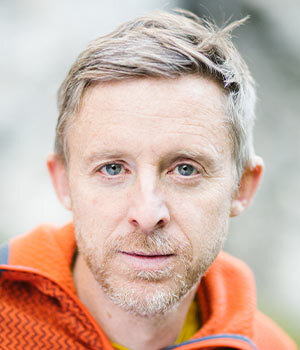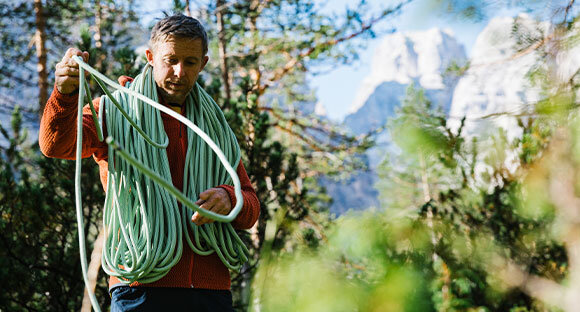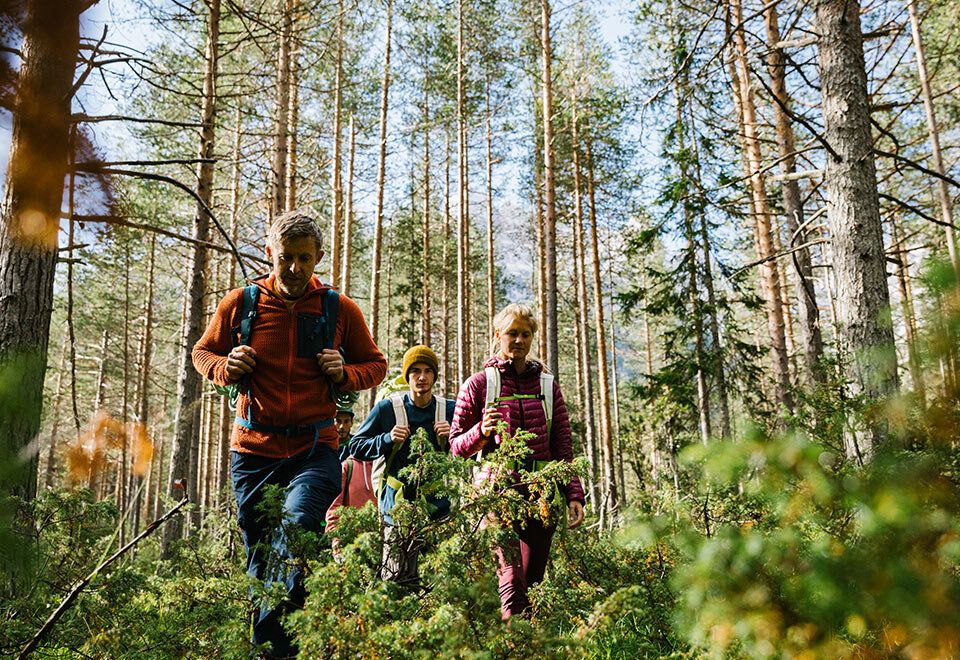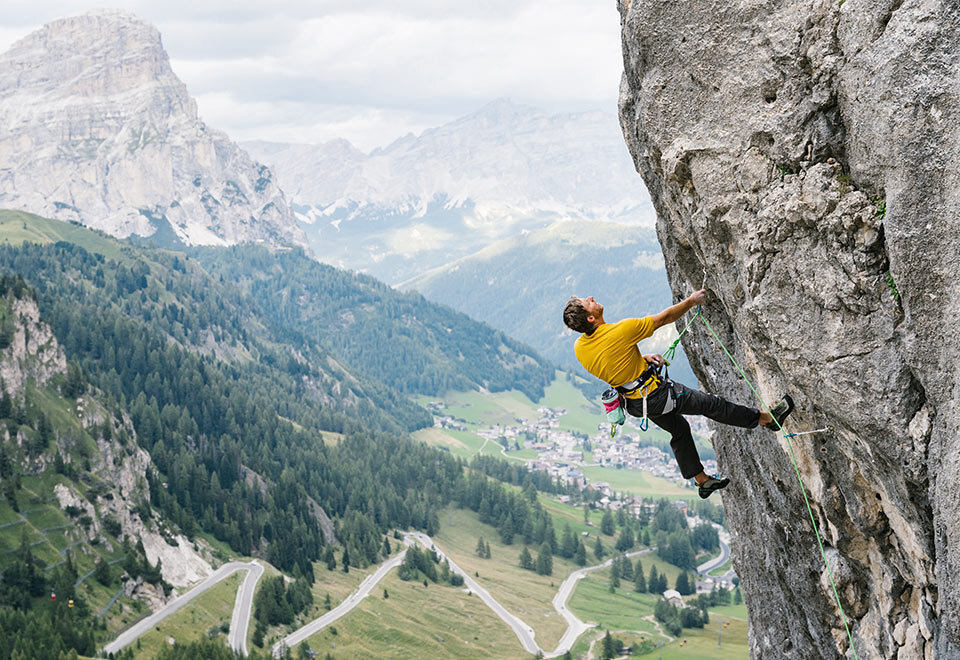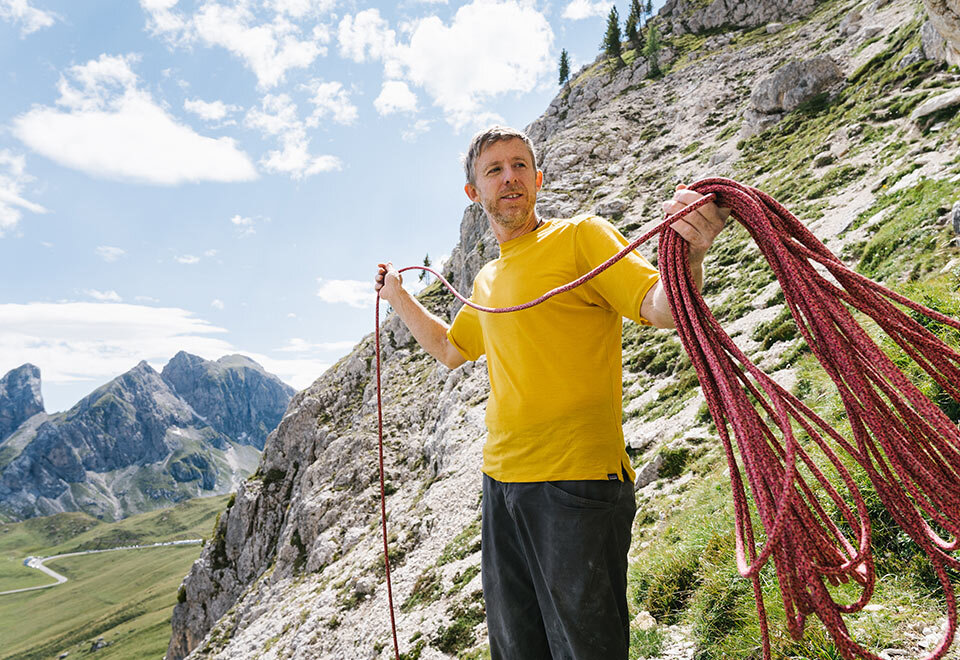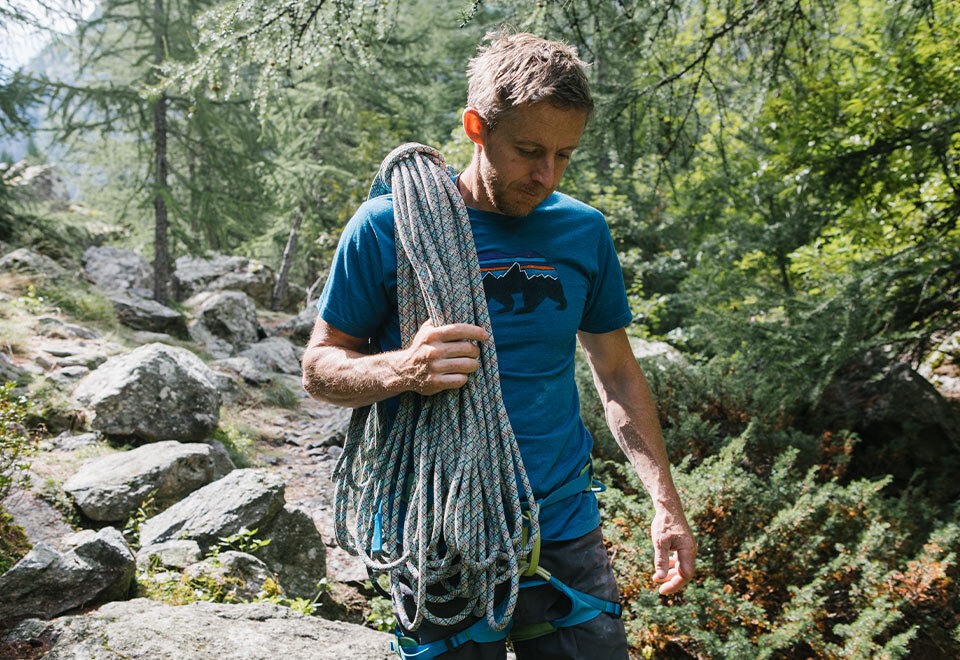What most people don't know about me
In Elementary school I was that special Ed kid with Bifocals and such bad coordination that when someone threw me a ball, it would hit me in the face.
When and how did you get into climbing? What keeps you interested? What fascinates you?
My dad was a Mountain guide who started me climbing at the age if 3 (1981). Climbing is my venue to explore myself as well as our beautiful planet. I love the challenge and the lifelong relationships that are formed.
Who were your childhood heroes?
My dad as well as the dirtbag climbers that were hanging out in Camp 4 and climbing big walls.
Do you consider yourself a role model now? Does it influence you at all that other people look up to you?
From an external perspective I understand that I might be a role model. So I try to live my life in a way to meet that expectation. But inside, I am still that same awkward kid full of wonder and uncertainty.
What have been the most important milestones in your life so far, both in climbing and in everyday life? And did you recognize them immediately as such or only later on?
While climbing is my identity and my passion. I tend to think of milestones as life changing events. Meeting my Wife Becca, Birth of my son Fitz and Daughter Ingrid, Joining Team Edelrid.
What were your greatest failures / setbacks / injuries? How did you cope with them and how did you come back from them?
I chopped off my left index finger with a table saw in 2001. Kind of a bummer for a climber. I soon realized that pain is just weakness leaving the body. Somehow the injury made me stronger.
What is your favourite climbing-related story / experience?
So dude, there was this one time when I was bouldering in Hueco, I was reaching up to this wicked sloaping under cling, I had my feet smeared on this snot smooth rail. I was about to huck this massive dyno when no shit, Chris Sharma walked around the corner. Just seeing the dude made me fly like superman. I stuck this half pad crimper. My legs went full horizontal. Chris was like... nice dyno! It was so cool.


